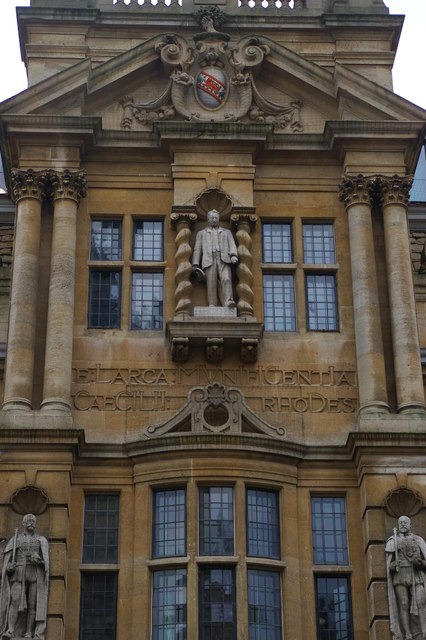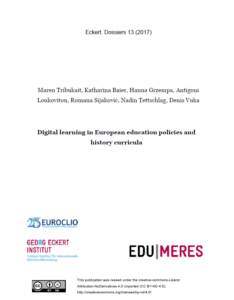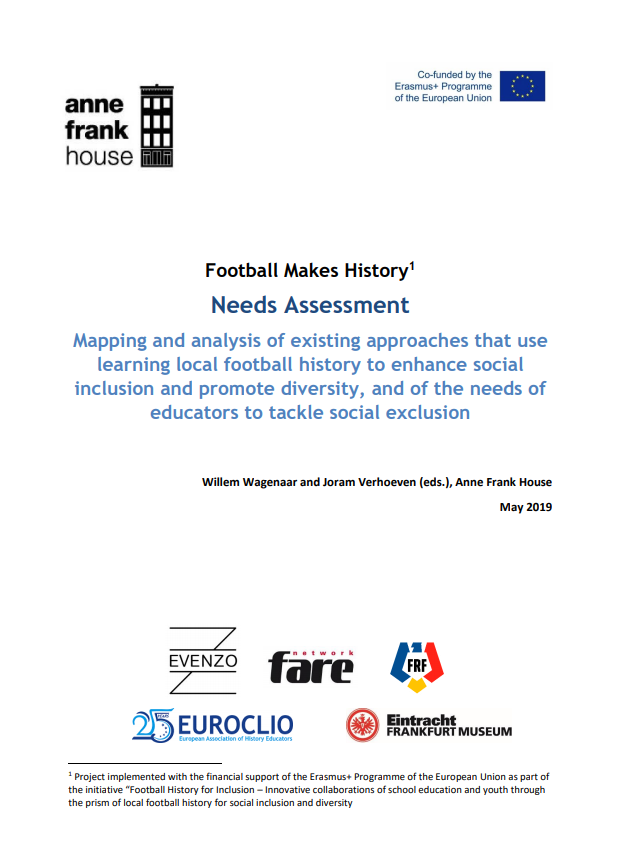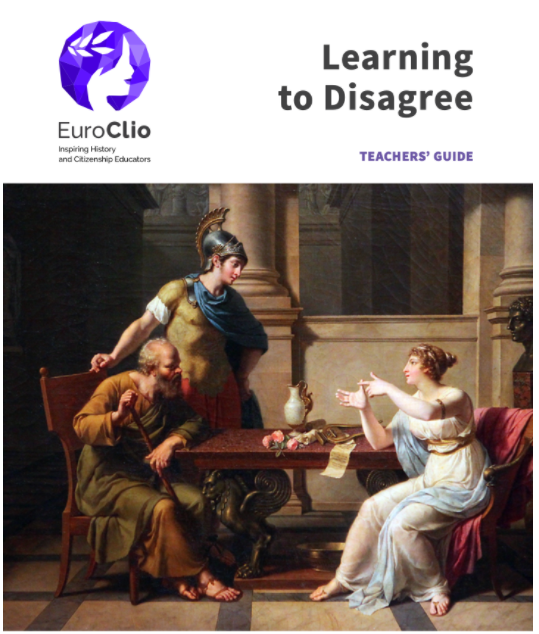This Teachers’ Guide provides history teachers in Sri Lanka a ready-to-use and step-by-step approach to a place-based learning history lesson. Connecting with their surroundings and communities, allows students to embark on a meaningful learning experience while increasing their historical knowledge about their locale. The Guide presents a breakdown of activities for before, during and after a field trip using the example of Polonnaruwa ancient city.
The resource is available in English, Sinhala and Tamil languages.
This educational resource has been authored by Buddisha Weerasuriya and Eugenie Khatschatrian in the framework of the ‘Histories that Connect – Sri Lanka II‘ project, supported by Strengthening Social Cohesion and Peace in Sri Lanka (SCOPE) programme. SCOPE is co-funded by the European Union and the German Federal Foreign Office and implemented by GIZ in partnership with the Government of Sri Lanka. The content of the teacher guide does not represent the official position of the European Union, the German Federal Foreign Office, GIZ, or the Government of Sri Lanka.





